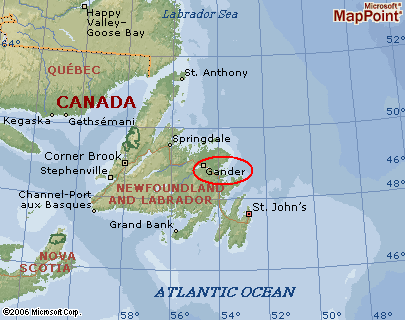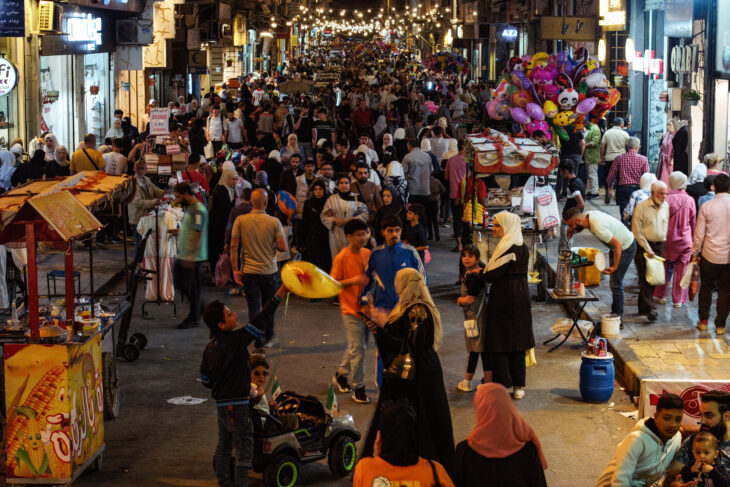The art of storytelling is an important tool in the communication and preservation of ideas, information, the retention of religious beliefs, and life skills required for self-preservation under difficult circumstances. For many people across the globe it has been their only method of preserving knowledge and passing these to future generations who live in traditional communities. Jamaica, with our motto: “Out of many, one people”, is no different and perhaps we should accept this as an efficient means of sharing history, the present and the future using this methodology. It has been a part of all our ancestors who did not have a widespread reading and writing tradition, or a restricted one based on class or access to education. This also includes groupings where biases such as gender, religion, caste, and wealth (or lack thereof) left an illiterate citizenry.
Of relevance to Jamaicans are Africans, indentured Indians and Chinese, Scottish, English, Irish, and Jewish ancestors. They had no common language so we learned to communicate in a common dialect of our own that had no written grammatical rules. Rather than the Peace Pipe of the Native Americans around the campfire, we went indoors to bars, beauty parlours, barbershops, and drank some “whites” and often smoked our own native chillum pipes. There, stories were repeated (often embellished), and we discussed why Whoppi King killed Fillup, and the stories of “Rhygin”. Well, so much for ancient history. This week I participated in a forum hosted by the JBDC around the concept of business leadership and the retention/development of corporate culture. The discussion led me to believe that the motivation of our workforce may not lie entirely within foreign books and practices, but rather with the engagement of our simple oral traditions as a way of preserving and passing relevant information from baby boomers through to millennials, and generations X and Y. Unfortunately we now live in a society that does not read history as an analytical tool, but prefers to get snippets from electronic media that does not offer analysis, and so we live today on soundbites, sometimes with little relevance to the full gravamen of the subject. If we accept that entirely or even in part, it provides food for thought in developing a new/old way of transmitting and safeguarding previously found knowledge in ways that are not dissimilar to natural medicines, now becoming nutraceuticals and medicinal ganja, among others. These were a family and community tradition that was passed down without writing, centuries before any medical texts were even thought of. In business there is an urgent need to re-examine this communication tool as it effectively links previous solutions to known events like hurricanes; tsunamis; earthquakes; droughts and floods; stock market crashes; devaluations and revaluations; the impacts of wars; the speed of the rise and decline of empires; and bank failures.
The retention of these memories and outcomes must be of great importance to companies in today’s rapidly changing technology and climate. The most illustrative one is how did we survive “Wild Gilbert”. Nine weeks without electricity; no cellphones available then; no air conditioning at home or work; no television (90% of Jamaica missed the Olympic Games); no elevators; no ice; no chilled or frozen foods in the supermarkets; and the list goes on and on, and this is just one event. Our millennials missed this; the X&Y were not even a figment of their parents’ imagination. In spite of that, we must try to prepare them for natural disasters that are becoming more frequent. Companies survived but that methodology is not widely available on current media. So we turn to the old storytellers to inform us on survival in a world turned upside down. In a world of potential chaos, no ATMs, no online banking; the “under the mattress” cash is more valuable than KYC, KFC, BK, and BOJ. But we need to transform this into a survival mechanism for individuals, communities, and firms. My preferred medium is the story, told in an indelible style to impress it on the minds of the team by allegory done around wherever we consider our campfires to be located.
Even in developed societies, modern electronic means seem inadequate compared to less developed countries. Two days without electricity in New York is a greater disaster than two days without power in Jamaica or Haiti. Today, if we lost power and communications for two weeks, how many businesses would fail? What would the vegans eat? No gas at the stations, how far can you walk or ride? The answer to these questions can be found in our survival of WW2 where we actually approached agricultural self-sufficiency. But who really cares or learns lessons from that period. That is the real legacy of the storyteller in preseWrving knowledge and passing it down from generation to generation. It is an essential survival tool that we are in danger of losing (to our own peril). So for all who can’t or will not read, this cultural tradition, if recognized, may well help to preserve knowledge of important events and strategies that may place us now and in the future in a comparative advantage. Just in case you missed it on Twitter and Instagram: Whoppi King, Fillup and Rhygin are all dead.



